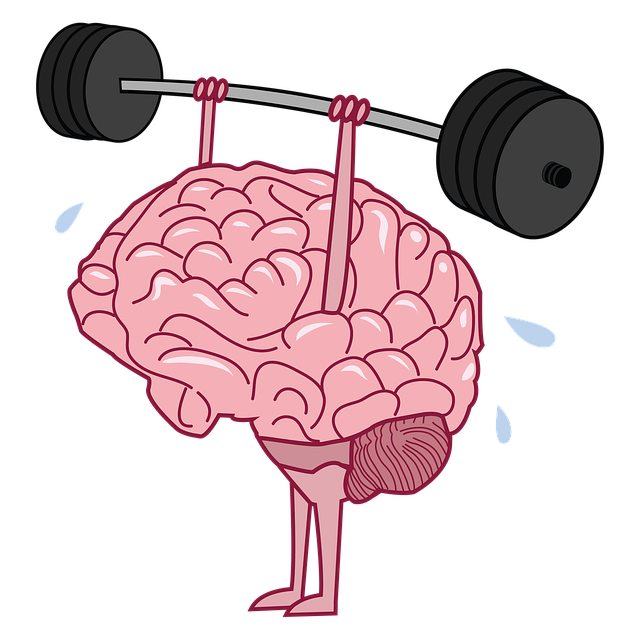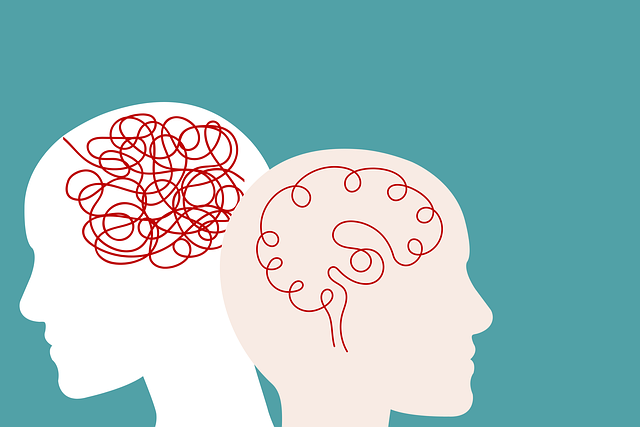Lafayette Blended Families Therapy employs a comprehensive, data-driven approach to mental health care. By combining clinical assessments with socio-demographic information and analyzing diverse factors like personal experiences, cultural backgrounds, and environmental influences, therapists tailor interventions for anxiety, depression, trauma, and other conditions. Using advanced analytics including machine learning and natural language processing, they identify patterns, predict outcomes, and design targeted programs for blended families, ensuring culturally sensitive and inclusive practices that honor unique emotional healing processes. This data-driven approach enhances mental health outcomes by offering personalized strategies for early intervention, conflict resolution, and emotional regulation within complex family structures.
Mental health data analysis is a transformative field, especially within therapeutic settings like Lafayette Blended Families Therapy. This article delves into the intricate process of understanding and interpreting mental health data, exploring its profound impact on personalized treatment plans. We’ll navigate collecting and organizing data effectively, discuss advanced analytics techniques, and ultimately, reveal how these insights drive actionable strategies for improved therapy outcomes in blended families.
- Understanding Mental Health Data: A Comprehensive Overview
- The Role of Analytics in Lafayette Blended Families Therapy
- Collecting and Organizing Data for Effective Interpretation
- Advanced Techniques for Data Analysis in Mental Health
- Translating Data into Actionable Insights for Improved Therapy Outcomes
Understanding Mental Health Data: A Comprehensive Overview

Understanding Mental Health Data is a multifaceted process that forms the bedrock of effective therapy and care. At Lafayette Blended Families Therapy, we recognize that each individual’s mental health journey is unique, shaped by personal experiences, cultural backgrounds, and environmental factors. Therefore, our data analysis approach must be holistic, incorporating not just clinical assessments but also socio-demographic information to gain a comprehensive view. By delving into this data, therapists can identify patterns, trends, and underlying issues that may not be immediately apparent. This enables tailored interventions aimed at addressing specific needs, be it anxiety, depression, or trauma, within the context of each client’s lived experience.
Mental health data interpretation demands cultural sensitivity in mental healthcare practice. Recognizing the impact of cultural differences on mental well-being and treatment outcomes is paramount. We strive to integrate this sensitivity into our analysis, ensuring that any insights are grounded in a deep understanding of our clients’ backgrounds. Enhanced by ongoing Mental Health Awareness initiatives, our team remains vigilant about bias and strives for inclusive practices that honor diverse emotional healing processes.
The Role of Analytics in Lafayette Blended Families Therapy

In the context of Lafayette Blended Families Therapy, data analytics plays a pivotal role in tailoring therapeutic interventions to meet the unique needs of blended families. By analyzing patterns within family dynamics, mental health professionals can gain valuable insights into potential triggers and risk factors contributing to stress, conflict, or burnout among family members. This approach enables therapists to proactively develop strategies for effective communication, conflict resolution, and emotional regulation, ultimately fostering healthier relationships and enhancing mental wellness within these complex households.
Furthermore, analytics aids in the early identification of individuals at risk of developing severe mental health issues, such as depression or anxiety. Through sophisticated algorithms and predictive modeling, therapists can conduct comprehensive risk assessments for each family member, including children and step-parents. This proactive measure facilitates timely interventions and burnout prevention strategies, ensuring that everyone receives the necessary support to navigate the complexities of blended family life while maintaining their emotional well-being.
Collecting and Organizing Data for Effective Interpretation

Collecting and organizing data is a foundational step for effective mental health analysis and interpretation. At Lafayette Blended Families Therapy, we understand that each individual’s journey is unique, so our approach to data collection is tailored accordingly. This involves gathering comprehensive information through various methods—from structured interviews and questionnaires to observational notes and client narratives. By collecting data from multiple sources, therapists can gain a holistic view of an individual’s mental health status, encompassing their history, current circumstances, and coping mechanisms.
Organizing this data in a structured manner is crucial for meaningful interpretation. Using evidence-based frameworks and tools, such as the Crisis Intervention Guidance (CIG) model, our team ensures that all collected data is systematically cataloged and categorized. This process facilitates the identification of patterns, triggers, and potential areas for intervention. Moreover, it enables therapists to track progress over time, assess the effectiveness of coping skills development programs, and provide targeted strategies for anxiety relief—all essential components in fostering positive mental health outcomes for blended families.
Advanced Techniques for Data Analysis in Mental Health

In the realm of mental health data analysis, advanced techniques are revolutionizing how we understand and address psychological well-being, particularly within diverse populations like Lafayette Blended Families Therapy. These innovative methods go beyond traditional statistical analysis to uncover intricate patterns and insights from complex datasets. By employing machine learning algorithms and natural language processing, researchers can now analyze vast amounts of clinical data, including textual narratives and patient interactions, to identify trends and predict outcomes with remarkable accuracy. This enables mental health professionals to tailor interventions more effectively, ensuring personalized care that addresses the unique needs of each individual.
Furthermore, integrating these advanced techniques into community outreach programs, such as those offered through Mental Health Policy Analysis and Advocacy initiatives, can significantly enhance support services for trauma victims. By understanding the data landscape, advocates can design targeted programs that address specific community needs, whether it’s improving access to care in underserved areas or developing specialized trauma support services. This data-driven approach fosters a more inclusive and responsive mental health ecosystem, ultimately improving outcomes for all individuals seeking assistance.
Translating Data into Actionable Insights for Improved Therapy Outcomes

In the realm of mental health care, data analysis is transforming therapy from an art into a science. By translating complex datasets into actionable insights, therapists at Lafayette Blended Families Therapy can tailor interventions to meet individual needs more effectively. This approach leverages the power of evidence-based practices and advanced analytics, ensuring that treatment strategies are not one-size-fits-all but rather personalized to address specific challenges.
For instance, mental wellness coaching programs developed with data-driven insights can enhance emotional intelligence—a key component in promoting mental wellness. By understanding patterns within patient populations, therapists can design targeted interventions, ultimately improving therapy outcomes and fostering healthier relationships. This precision medicine approach is particularly beneficial for diverse families, where unique dynamics and experiences require tailored support.
Mental health data analysis plays a pivotal role in enhancing therapeutic practices, particularly within the context of Lafayette Blended Families Therapy. By understanding and interpreting this data effectively, therapists can gain valuable insights into client behaviors, treatment responses, and cultural factors specific to blended families. Through advanced techniques like predictive analytics and sentiment analysis, therapists can translate raw data into actionable plans, ultimately improving therapy outcomes for complex family dynamics. This comprehensive approach ensures that Lafayette Blended Families Therapy remains evidence-based and tailored to the unique needs of each family.









